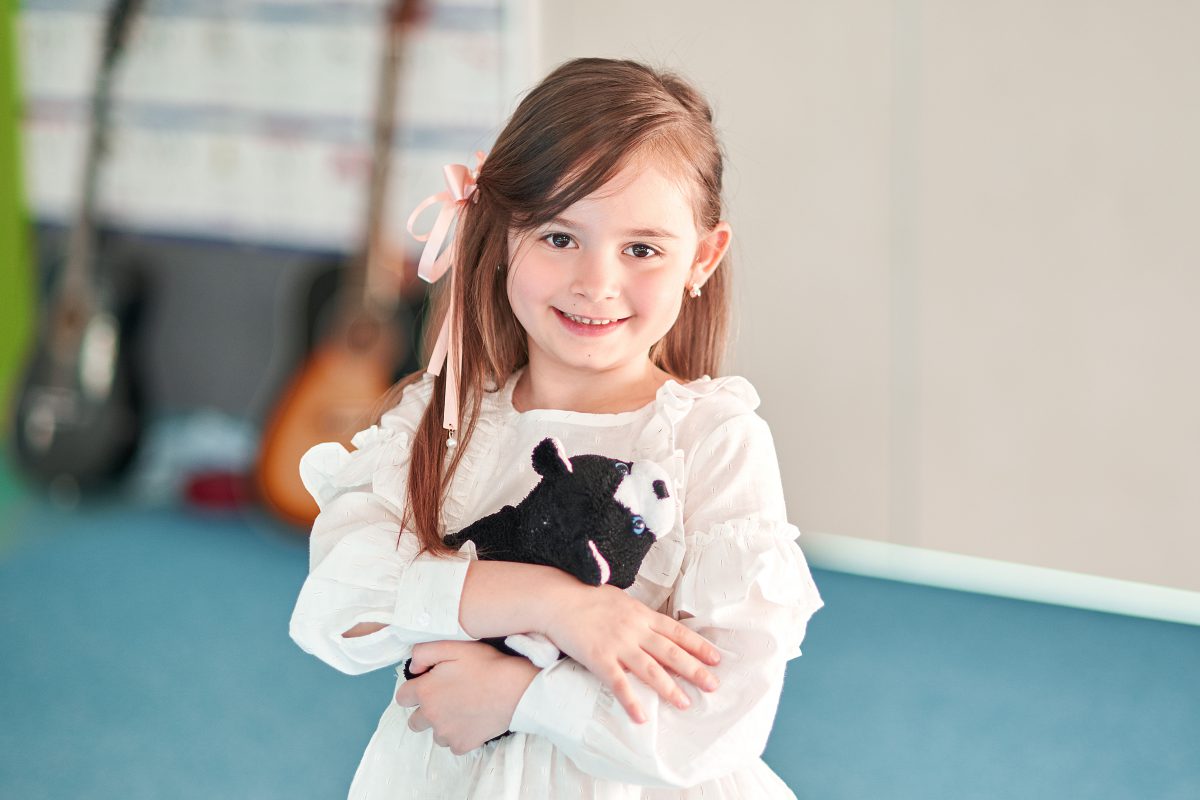Tell your child that you love it – about parental love

Love is the biggest emotional need of each child. It conditions our understanding and contacts with children. Physical needs are easier to see and fulfilled. However, it is the ability to provide love that gives satisfaction and transfers to child’s health and its mental and emotional development.
Then how to show and accept love? An interesting hypothesis was formed by Ross Campbell and Gary Chapman in “The Five Love Languages of Children”
They gave five ways to show love: touch, affirmation, time, gifts, help.
Regardless which of these ways is the most effective for our child, the most important thing is that our love is unconditional. The child must be accepted as it is and not what it does or doesn’t do. LOVE REGARDLESS AND NOT FOR.
A great formula to full the child with unconditional love is spending time with each other, giving the child as much attention as you can and performing some tasks together. What is interesting, the younger the child the more time we devote to it. When children are becoming more independent we back out of their life and leave them be. More and more we use gifts, prizes and privileges to appreciate desirable behaviours, this way changing the unconditional love to a conditional one.
Upbringing and discipline will work only when the child feels loved.
Other important factors such as self-esteem, sense of safety and social relationships depend on this feeling.
- Healthy self-esteem – Children who has an exaggerated self-esteem will think they are better than others and will be convinced that everything is rightfully theirs, whatever it is. Children with a lowered self-esteem will fight with different negative thoughts, such as “I am not as smart, capable or pretty as other children”. Placed before any task they will be afraid of failure – and often that will be the case. The child must know failure and victory. You do not always win.
- Need of safety – In the modern world full of different threats it is increasingly more difficult for patents to provide a sense of safety to the children. From the earliest years this need is best satisfied by a steady and regular schedule, spending time together, touch and conversation.
- Skill of building interpersonal bonds which will allow the child to assess people with a single standard and build friendships based on a balance of giving and receiving. If the child lacks these skills, there is danger that it will shut itself and stay this way in adult life. A child lacking basic relationship building skills might be dominant and might control and push all people aside just to achieve its goals. An important element of these skills is a right arrangement of relationships with people of power and authority. Virtually in every life’s discipline success is dependent on a proper understanding and respecting the structures of power and authority. If it is missing, any other skills will be useless.
Parents should help children develop their special gifts and abilities, so that they could experience inner satisfaction and feel that they accomplished something significant thanks to their skills. Reasonable parents must maintain the fragile balance between encouraging the child and pushing it to act.
Often repeat to yourselves – rather obvious – statements about your children:
These are children.
They will act like children.
Many child behaviours are not pleasant.
If I do what is my job as a parent, I will love the child regardless of their childish behaviour. They will grow and get rid of what is childish.
If I love them and show love only when they fulfil my expectations (conditional love), they will not feel loved. This will negatively affect their self-esteem, deprive them of sense of safety and unable them to gain more self-control and adult behaviours. The responsibility for their development and behaviour rests, therefore, equally on me and them.
If I show them love only when they fulfil my demands or expectations, they will feel less competent and really convinced that there is no point in doing anything as best as possible, because it will not be enough to satisfy me. They will struggle with a lack of sense of safety, anxiety, low self-esteem and anger. In order to not let this happen I must remember that I am responsible for their entire development.
If I love them unconditionally, they will think well about themselves and will be able to control their fears and behaviour, gradually becoming more and more mature people.
- Author: Anna Kowalska
- Source: Ross Campbell, Gary Chapman “The Five Love Languages of Children”
Let’s meet!
We invite all of you to an individual meeting with the headteacher. This will be a great opportunity to find out about our educational offer, ask questions, and visit the kindergarten. You can book one visit for a given day.












